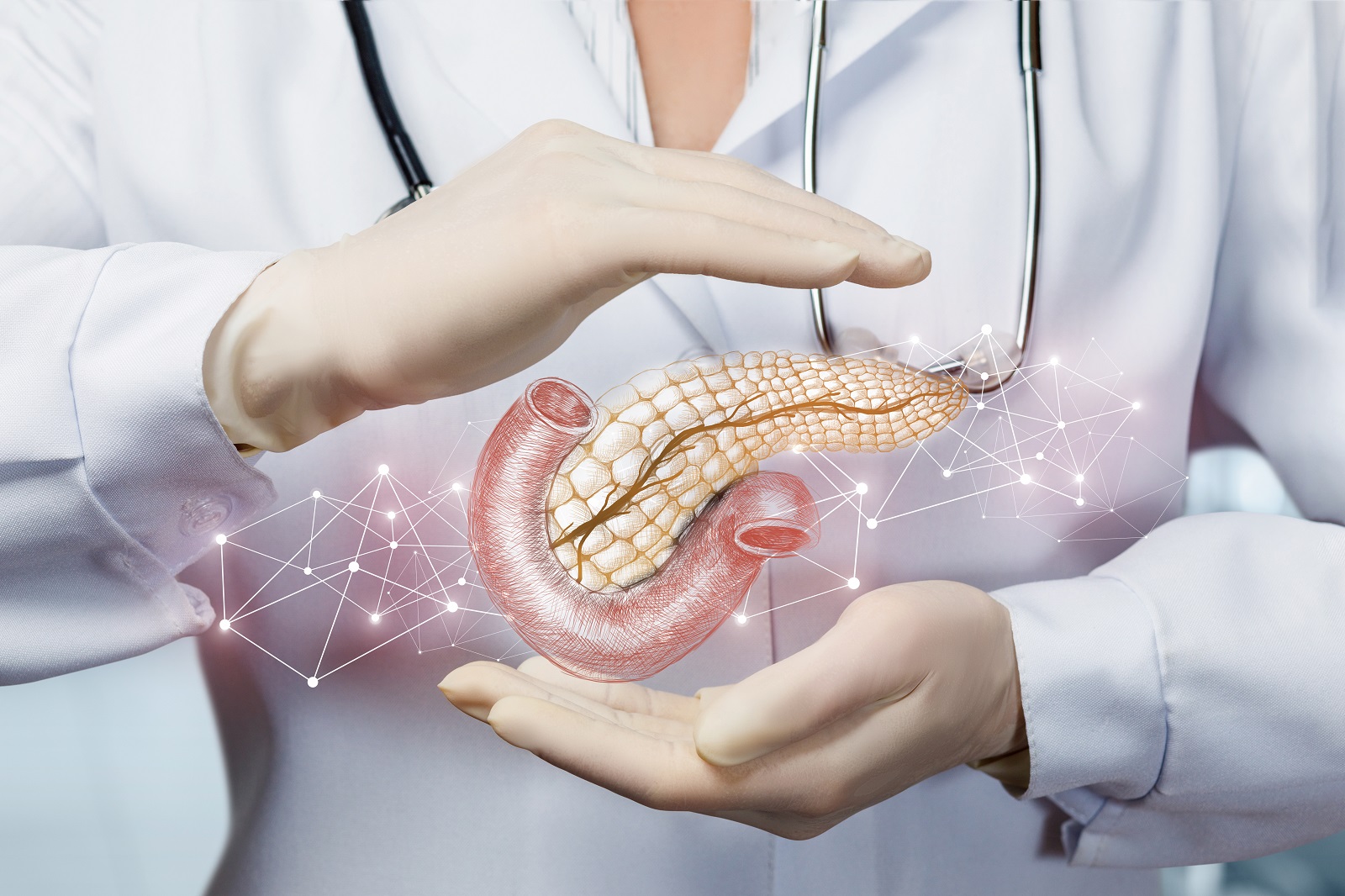Pancreatic cancer is a form of cancer that occurs when cells in the pancreas expand out of control and grow into an abnormal tumor. This is one of the most dangerous forms of cancer and has a survival rate of 10 percent after 5 years. We will be discussing the reasons, symptoms treatments and methods to decrease your chances of developing pancreatic cancer in this article.

The Reasons
The exact reason for pancreatic cancer is unknown, but a few risks have been discovered. Smoking is the most significant risk factor, with smokers being about three times more likely to be diagnosed with pancreatic cancer than people who don’t smoke. Family history, age, pancreatic cancer, obesity, chronic and severe pancreatitis, as well as certain genetic mutations are all risk factors.
Signs
It is not uncommon for pancreatic cancers not to show symptoms until its early stage. This makes it difficult to recognize. The signs of pancreatic cancer will get more severe as the tumor expands.
Acute abdominal pain that radiates to the back
Weight loss and loss of appetite
Jaundice causes a yellowing in the eyes and skin.
Nausea and vomiting
Fatigue
This type of symptom should be reported to your doctor immediately. The earlier diagnosis is vital to effective treatment.
Diagnosis
Different tests could be requested by your physician should they think you have pancreatic cancer. There may be imaging tests such as CT scans or MRI scans, as well as the procedure of taking tiny amounts of tissue for analysis.
Treatment
Treatment for pancreatic cancer depends on the stage of the cancer as well as the overall health of the patient. The options for treating pancreatic cancer include chemotherapy, surgery radiotherapy, other treatments.
Surgery is the most common treatment for pancreatic cancer especially if the cancer is located in the pancreas’s head. Surgery is designed to eliminate the cancerous tissue and any surrounding tissues that could contain cancer cells. Surgery is not always possible when the tumor is situated in the body, or in the tail of the pancreas.
Chemotherapy is a type of cancer treatment that uses medications to kill cancerous cells. Chemotherapy is often used with the use of radiation therapy as well as surgery. It can be administered by mouth or intravenously. Some of the side effects are nausea, vomiting, hair loss and even death.
The radiation therapy procedure is a high-energy radiation treatment which kills cancerous cells. It is used as a stand-alone treatment or in conjunction with chemotherapy and surgery. Radiation therapy can cause discomfort to the skin, nausea, fatigue and other side negative effects.
Reducing your risk
While there is no sure method to avoid pancreatic cancer, there’s a variety of ways you can lower the chance of developing it. They include:
Quitting smoking is the most effective thing you can do to reduce your risk of developing pancreatic cancer.
A healthy weight: Obesity is an important risk factor for pancreatic cancer. Therefore, maintaining an appropriate weight will help decrease your chance of developing.
Dietary health Consuming a diet high in fruits, vegetables, and whole grains can help lower your risk of developing pancreatic cancer.
Limiting drinking alcohol
The management of chronic ailments: Working with your doctor can help you reduce the chance of developing a chronic condition like diabetes or pancreatitis.
Pancreatic Cancer is a serious condition that needs aggressive treatment and early detection. It is vital to seek immediate medical attention in the event that you exhibit any indications of pancreatic cancer. You can manage your health by being aware of the dangers and taking steps to reduce the chance of contracting the deadly disease.
For more information, click best pancreatic cancer charity